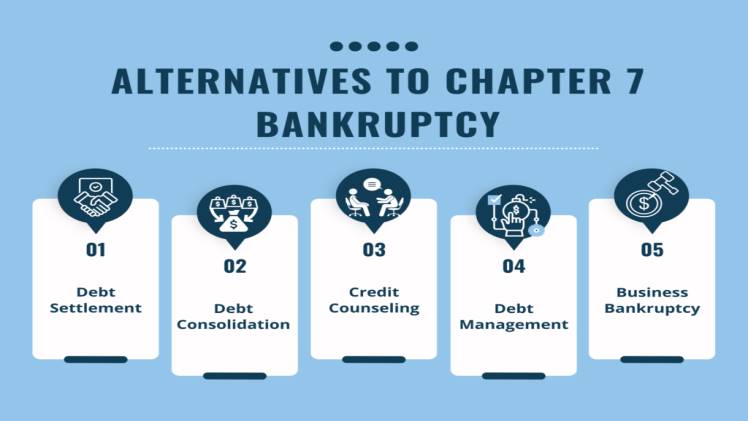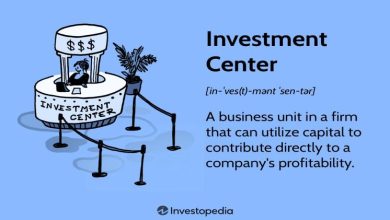FLORIDA BANKRUPTCY CREDITS AND EXEMPTIONS

Although bankruptcies are governed by federal law, Florida bankruptcy filings are very similar to those filed in any other state. Nevertheless, if you’re filing for bankruptcy in Florida, you’ll need to use the exemptions that the state provides. Thankfully, the state statute’s exclusions are more generous than those of other states and federal law. Consider discussing your case with a certified Chapter 11 business bankruptcy attorney.
Here are some of the most popular exemptions you can claim while declaring bankruptcy in Florida.
The Homeowner’s Tax Break
By Florida law, you can exempt the whole amount of equity in your property. If your home is worth $750,000 but you no longer have a mortgage on it, the bankruptcy trustee or your creditors cannot force you to sell it to pay off your debt. Only properties that are half an acre or less in size within a municipality, or 160 acres or less outside of a municipality, qualify for the exemption.
Allowance for Motor Vehicles
The value of your car’s equity can be exempted up to $1,000. Florida bankruptcy filings typically result in the loss of a borrower’s automobile due to this relatively low amount.
Click here for more update: Smihub
Salary Exclusion
If you’re the primary breadwinner in your household, you can exclude up to $750 from your gross weekly income. If you’re going for bankruptcy, you can keep all of your wages, whether they’ve been given to you yet or not, or if they’ve been withheld up to six months before you file. Up to thirty times the federal minimum wage or three quarters of the employee’s income, whichever is greater, can be kept by other members of the employee’s immediate family. To know all about Law
Personal Property Exemptions
In bankruptcy, creditors can’t take and sell several kinds of personal property to settle obligations. Some examples are:
- Loan applicants can deduct up to $4,000 in non-real estate owned if they opt not to claim their primary residence as a tax exemption for their primary residence.
- Budget cuts in healthcare and education
- Paid-back-in-full-or-in-part tax
- Aids to daily living for the elderly
- Payment of final expenses into a state trust
- Some assets held by a business alliance
- Invoking the Wildcard Exception
You can exempt up to $4,000 in personal property with the wildcard exemption if you don’t want to claim the homestead exemption. If you and your spouse file for bankruptcy together, the wildcard exemption increases to $8,000. To qualify for the wildcard exemption, you need not have any equity in your property to be a homeowner.




